New WMO Online Course: Communicating Agrometeorological Information
Understanding the weather is only part of the challenge. Ensuring that agrometeorological information is understood, trusted, and acted upon is
Understanding the weather is only part of the challenge. Ensuring that agrometeorological information is understood, trusted, and acted upon is
The Joint CALMet XVI – CONECT 3 Conference will bring together the global meteorological and hydrological education and training community
Climate change is making floods more frequent and devastating, but here’s what many don’t realize: the biggest breakthroughs in flood
Floods are causing a significant loss of human lives and valuable resources in West Africa. In particular, Niger and Burkina Faso were highly affected areas in past years. In order to predict flood, an accurate Digital elevation model (DEM) is required for flood mapping. At the studied area in Niger,
Over the past decades, advancements in agrometeorological monitoring and forecasting have been driven by technology, infrastructure, and capacity building. Literature highlights that agrometeorological services support agricultural decision-making, boosting farmers’ resilience and income globally. However, challenges in communication and dissemination limit their effectiveness, particularly for smallholder farmers in remote areas. The
Much of the food supplied to the city of Niamey (1.5 million inhabitants), the capital of Niger, comes from 150 large commercial horticultural sites and 10 vast irrigated perimeters distributed along the Niger River upstream of the city. These areas are threatened by floods, such as the one that devastated
Science for Policy Handbook provides advice on how to bring science to the attention of
Climate information services (CIS) involve the production, translation, transfer, and use of climate information
Starting from a definition of risk governance, the paper examines a number of environmental
After the Paris Agreement, the transition towards a carbon-free society necessitates new forms of
Climate services are products supplied with continuity over a reasonably long horizon for a particular category of users. Climate services differ from simple climate information because delivered regularly. They differ from meteorological information and services, such as forecast, data, observations both by the time scale and the added value (specific user, specific sector).
The awareness of the economic and social impacts of climate change is increasing. A proactive approach can support the reduction of these impacts: it is better to prepare for such events than react. From this perspective, the World Meteorological Organization (WMO) strongly encourages the implementation of Climate Services to meet the needs of the different stakeholders.
The IBE Climate Services have reached different degrees of maturity. Some are already declared operational.
Others are under development or are operational for supporting internal research.
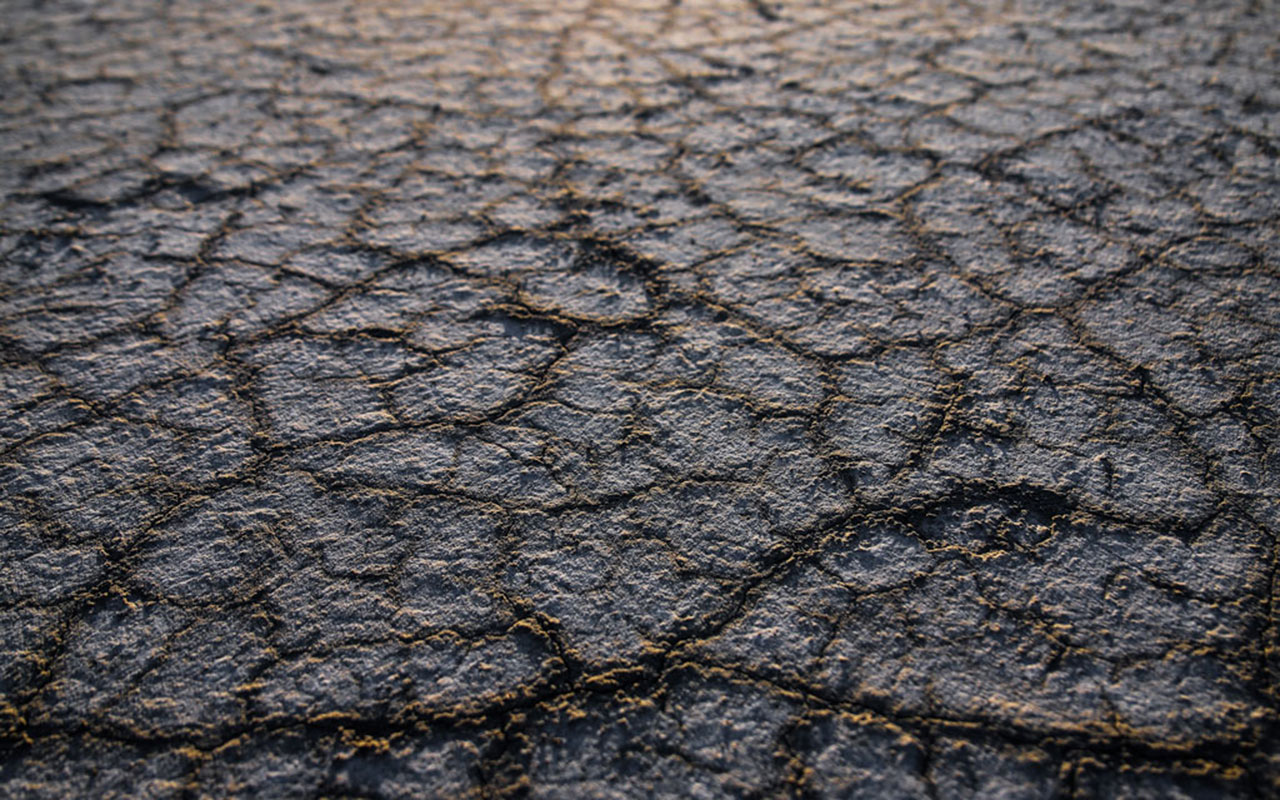
Operational services for decision-makers, stakeholders, and water managers. Monthly Bulletin (Italy), Indices, and Maps.
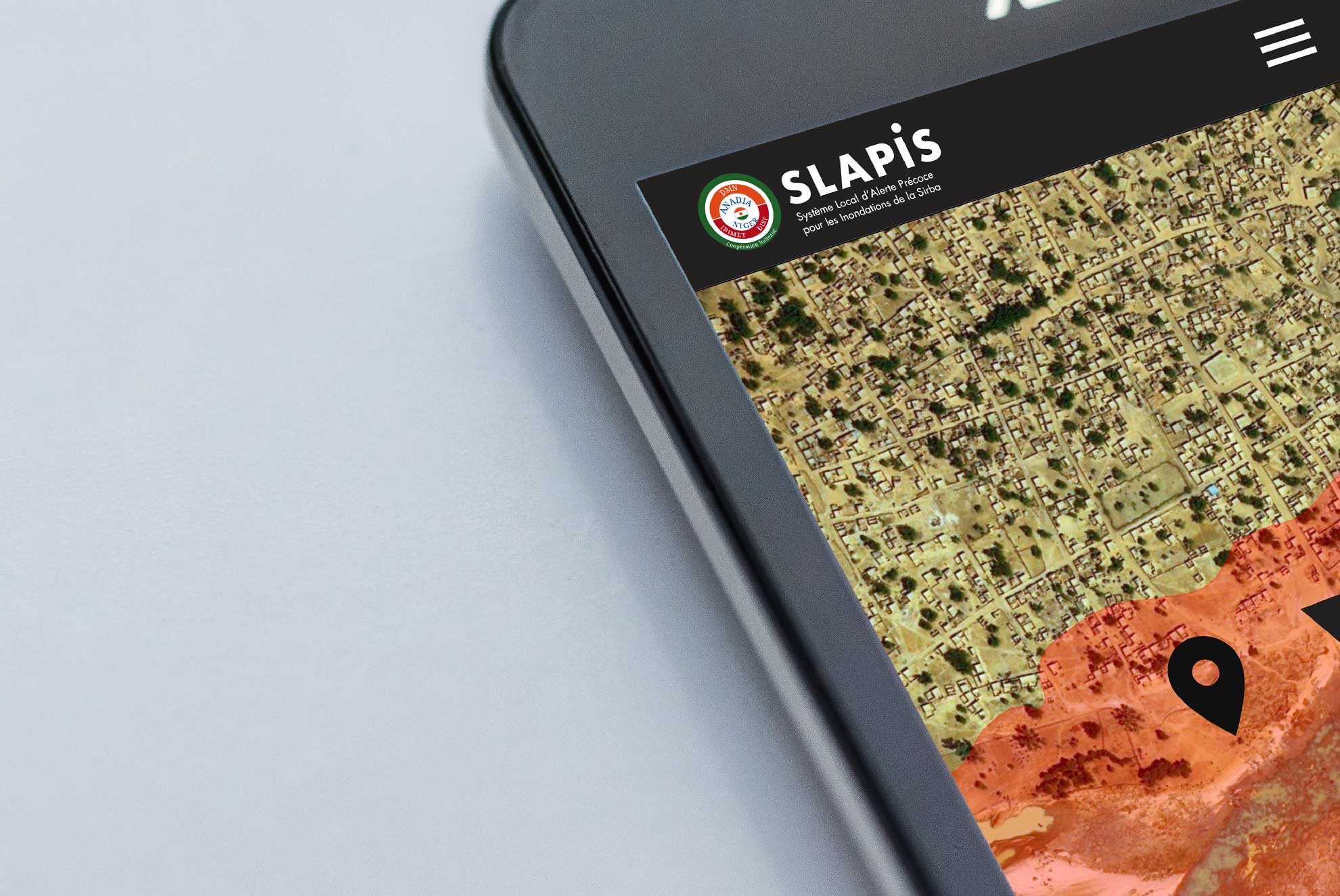
Web Platform distributing hydrological information. Slapis was developed in the framework of ANADIA 2.0 project.
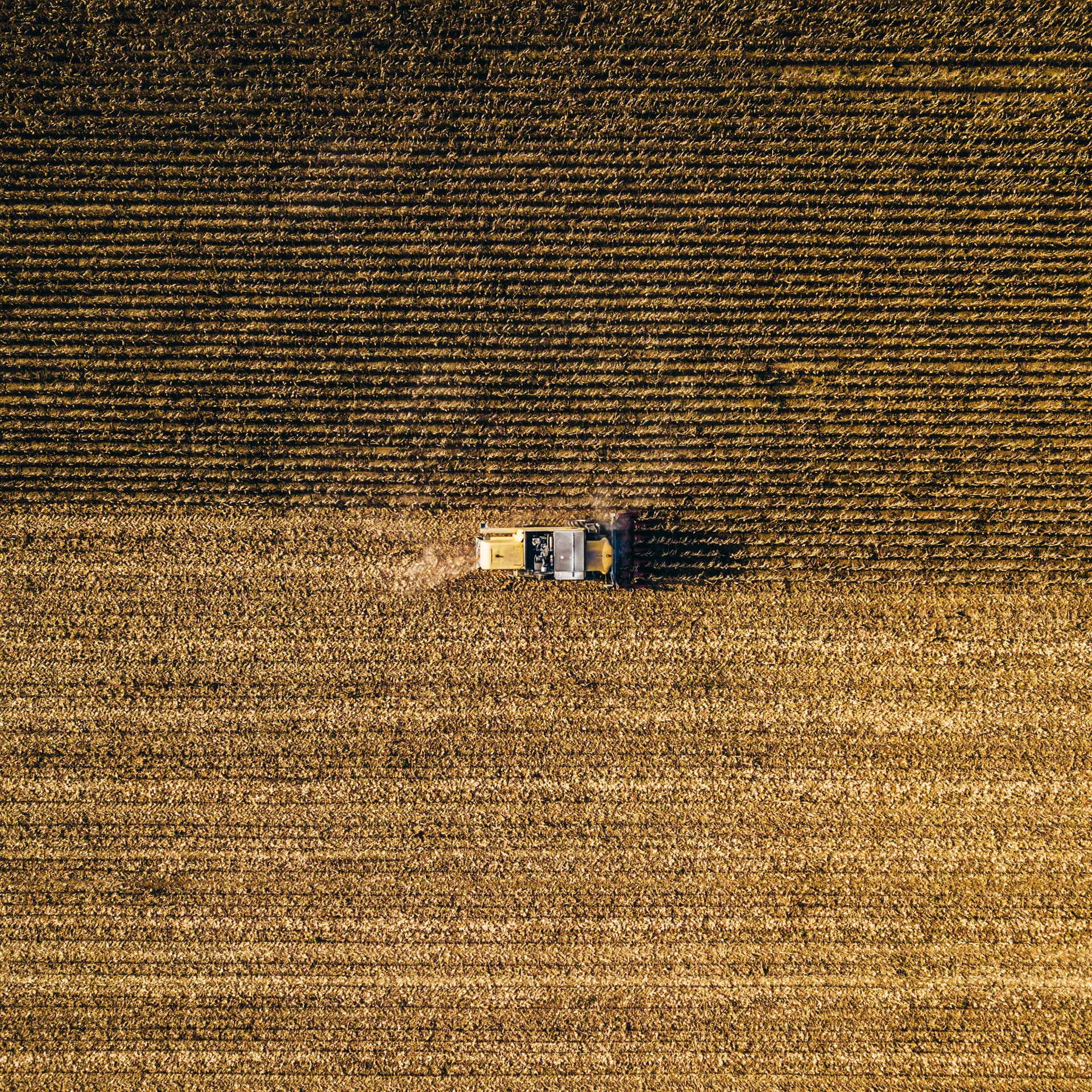
Agriculture 4.0, interoperable, free, open and collaborative. Supporting agriculture ecosystem to increase its potential.
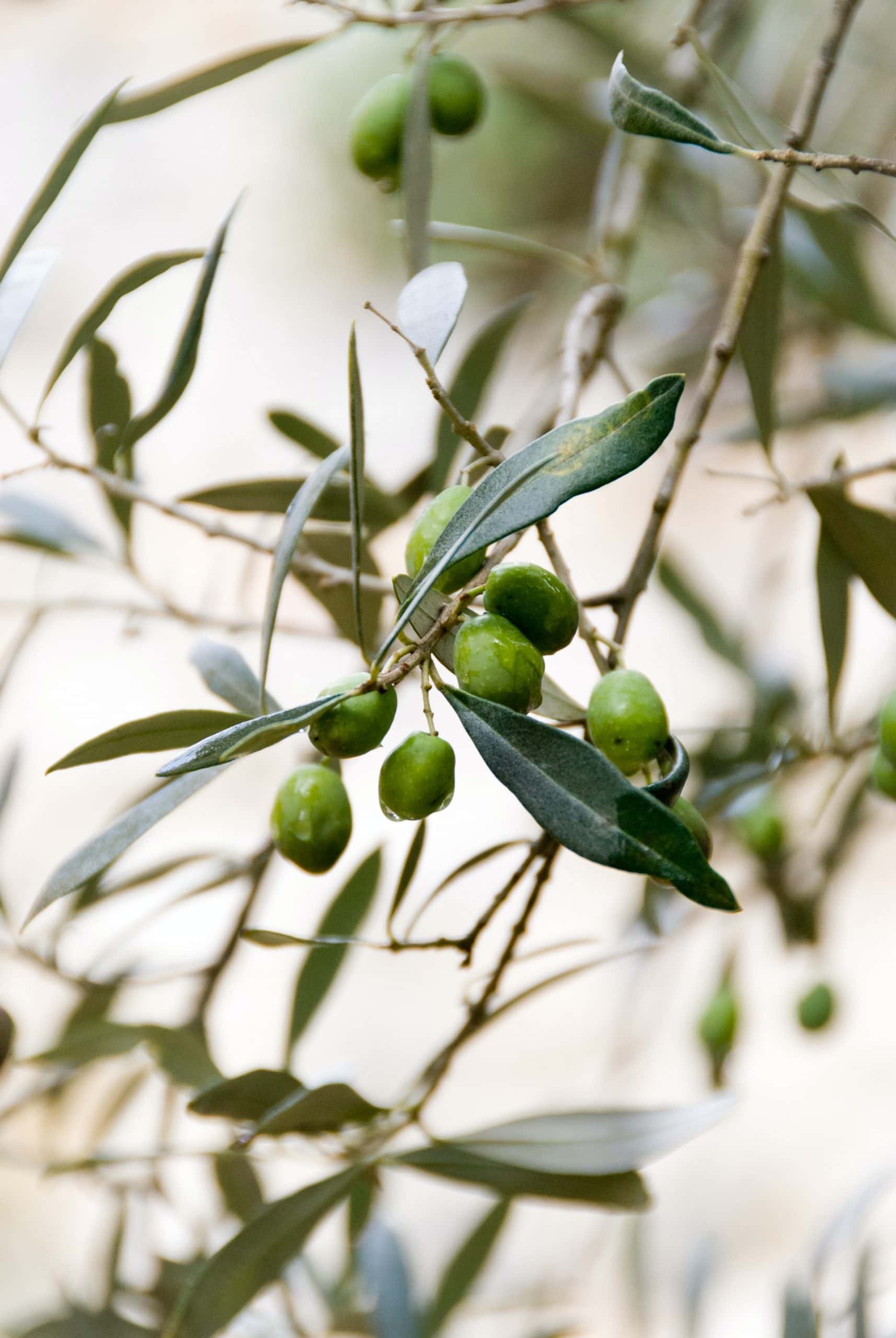
Turning climate-related information into added value for traditional MEDiterranean Grape, OLive and Durum wheat food systems

Environmental monitoring data sharing (agrometeo, urban climate, indoor, weather, renewable energy) for decision making.
The World Meteorological Organization states “Worldwide impacts and costs of adverse climatic events like droughts, storms and floods can be significantly reduced through greater global cooperation and sharing of expertise and data. This calls for a new global ‘framework’ to organize the efficient flow of climate information to all those who need it.”
CNR IBE that runs the WMO RTC Italy has a long standing and acknowledged experience in conceiving, organizing and delivering training on climate disciplines. RTC Italy’s aims at contributing to the widespread of climate information and knowledge. WMO RTC Italy supports governments, organizations or individuals to cope with climate risks.
The RTC Italy training programs (in presence and online) is focused on the impact of climate change on natural resources and agriculture, and also on sub-seasonal to seasonal forecasting and prediction to better manage water resources and agriculture. RTC Italy organises specific training sessions and workshops for projects in African countries



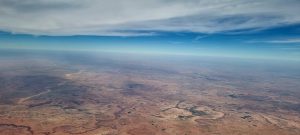
SLAPIS SAHELProject Numerical Weather Predictionin SLAPIS Sahel One of the key objectives of the SLAPIS Sahel project is to strengthen national capacities in Numerical Weather
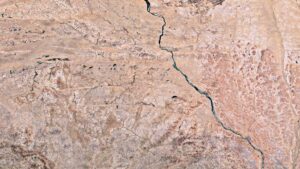
SLAPIS SAHELProject Système Locale d’Alerte Précoce pour les Inondations au Sahel Slapis Sahel A Training and Research for Development Project The increase in the frequency
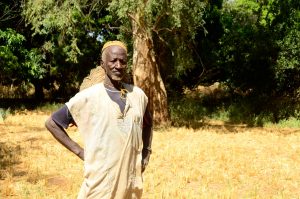
Assistance agrométéorologique pour les producteurs ruraux: Services Météorologiques et Climatiques pour réduire la vulnerabilité.
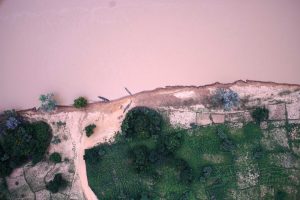
Attitude proactive pour s’adapter aux changements climatiques et réduire le risque hydrologique dans les Communes de la Sirba.
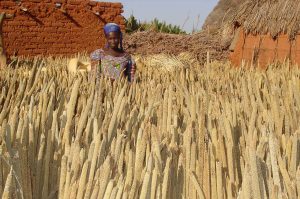
Climate Change Adaptation, Disaster Prevention and Agricultural Development for Food Security. A training and research project contributing to the development of sustainable agriculture, through the adaptation of production systems to climate change.
Henri Poincaré, theoretical physicist
“The scientist does not study nature because it is useful to do so. He studies it because he takes pleasure in it, and he takes pleasure in it because it is beautiful. If nature were not beautiful it would not be worth knowing, and life would not be worth living.”
Shafer, M. (2008).
“Do we, as scientists, need to concern ourselves with whether or how the information is used?”
| Cookie | Duration | Description |
|---|---|---|
| CONSENT | 2 years | YouTube sets this cookie via embedded youtube-videos and registers anonymous statistical data. |
| Cookie | Duration | Description |
|---|---|---|
| NID | 6 months | NID cookie, set by Google, is used for advertising purposes; to limit the number of times the user sees an ad, to mute unwanted ads, and to measure the effectiveness of ads. |
| VISITOR_INFO1_LIVE | 5 months 27 days | A cookie set by YouTube to measure bandwidth that determines whether the user gets the new or old player interface. |
| YSC | session | YSC cookie is set by Youtube and is used to track the views of embedded videos on Youtube pages. |
| yt-remote-connected-devices | never | YouTube sets this cookie to store the video preferences of the user using embedded YouTube video. |
| yt-remote-device-id | never | YouTube sets this cookie to store the video preferences of the user using embedded YouTube video. |
| yt.innertube::nextId | never | This cookie, set by YouTube, registers a unique ID to store data on what videos from YouTube the user has seen. |
| yt.innertube::requests | never | This cookie, set by YouTube, registers a unique ID to store data on what videos from YouTube the user has seen. |
| Cookie | Duration | Description |
|---|---|---|
| _pk_id.1.c26e | session | No description |
| _pk_ses.1.c26e | session | No description |